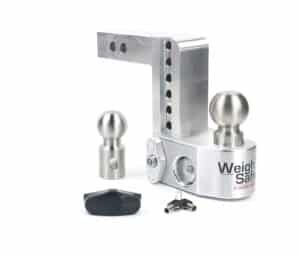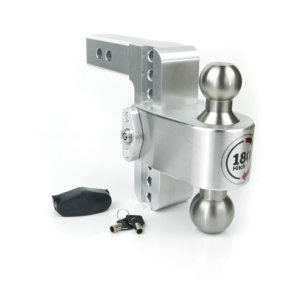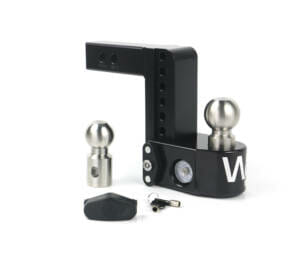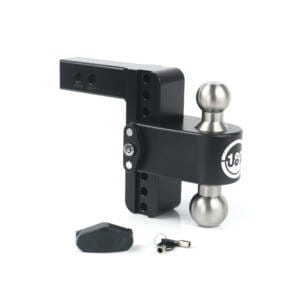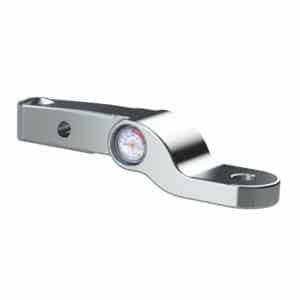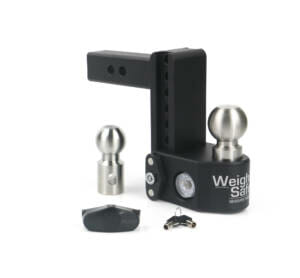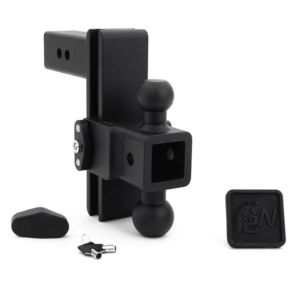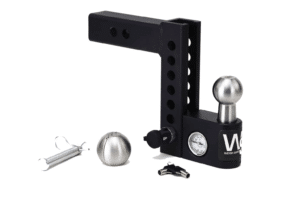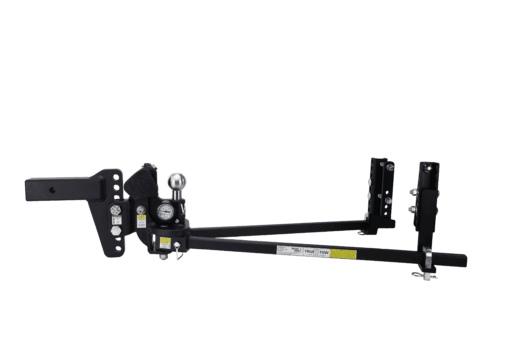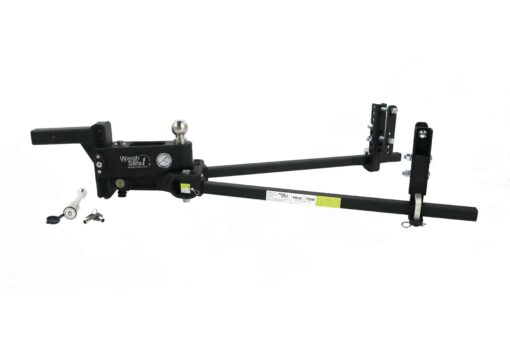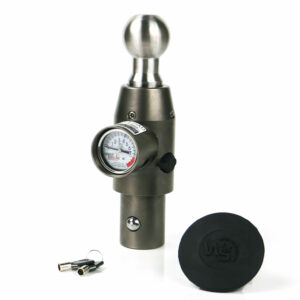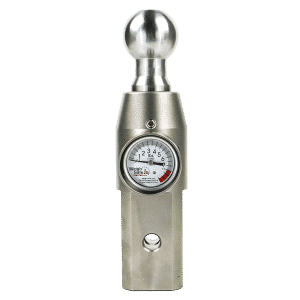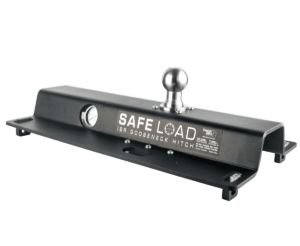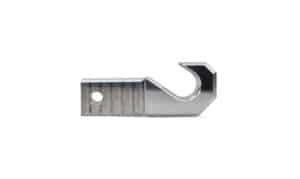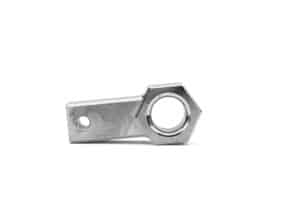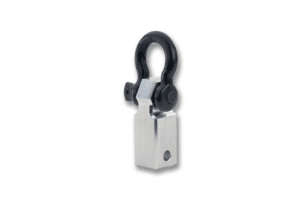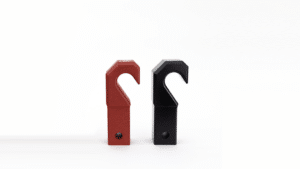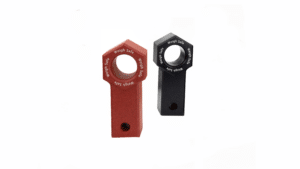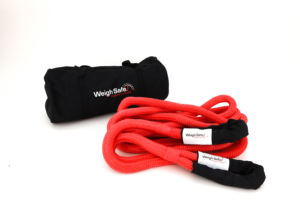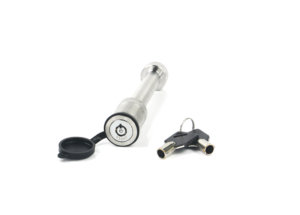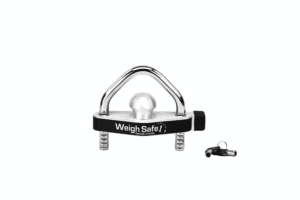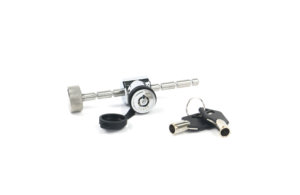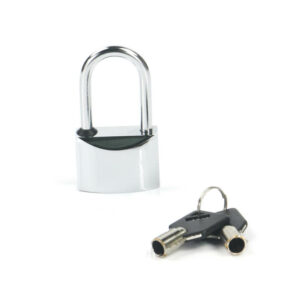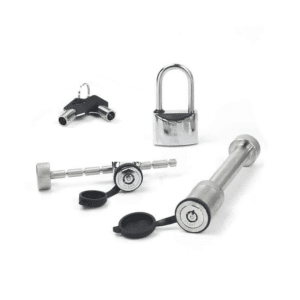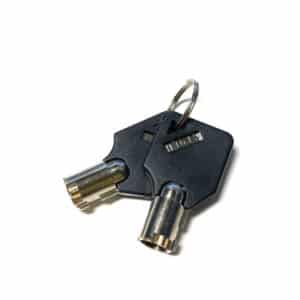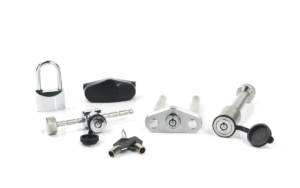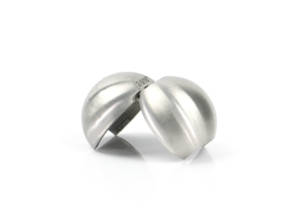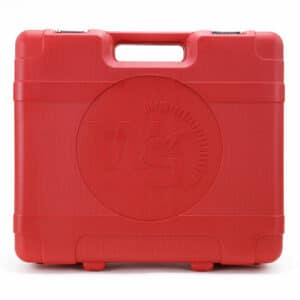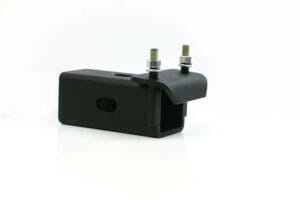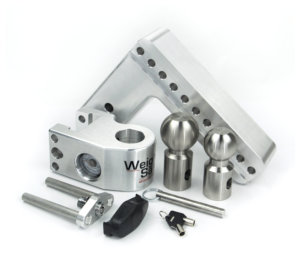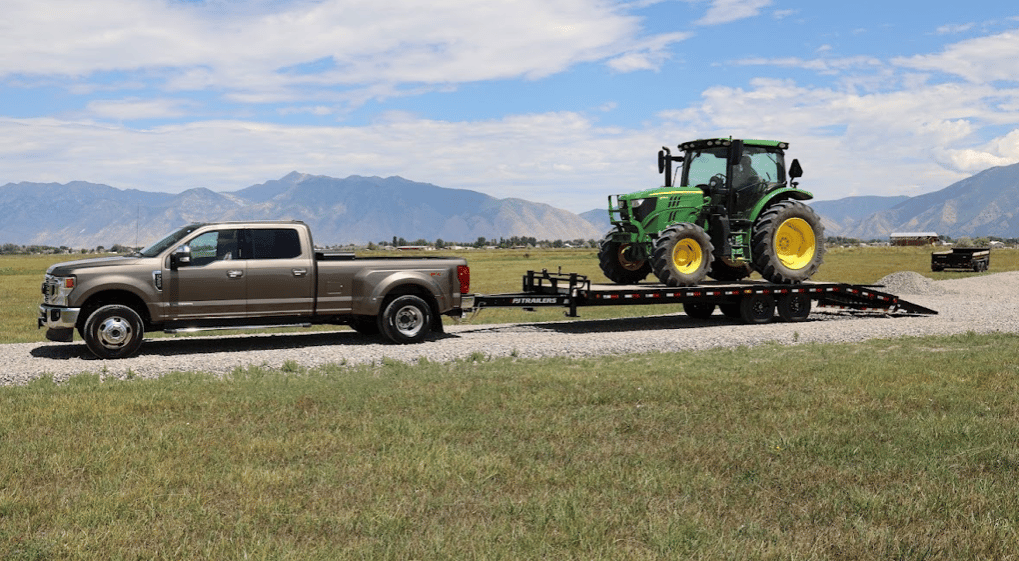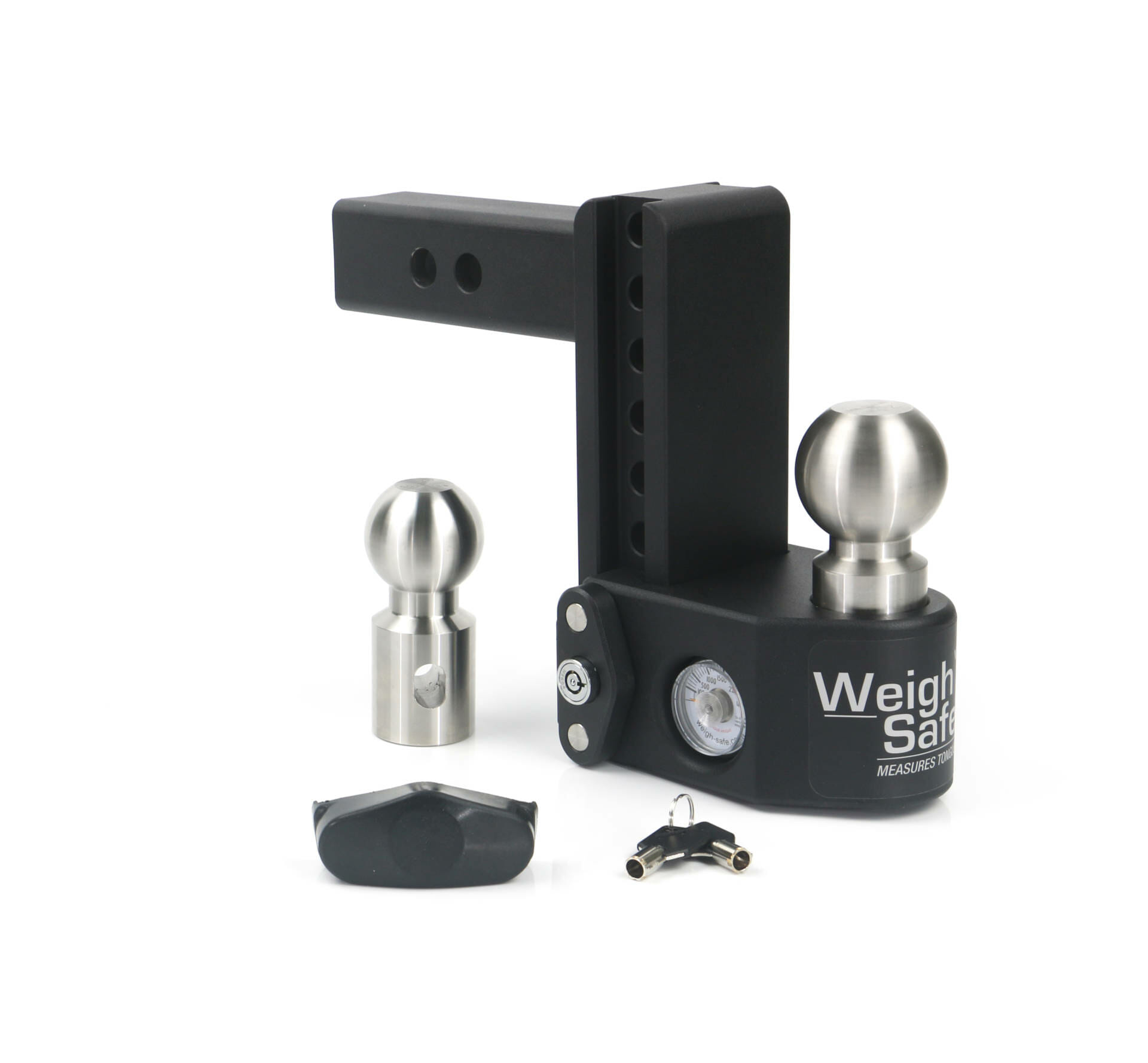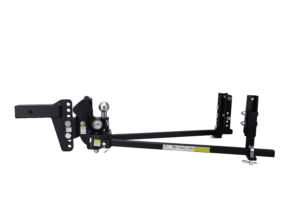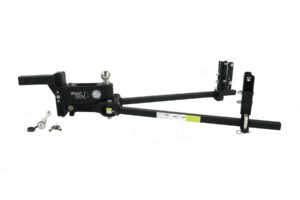Towing trailers are the unsung heroes of our highways, providing us with a way to move large objects from point A to point B. From camping trips to home improvement projects, they can help make life easier and more efficient.
But before you hit the road with your trailer in tow, it’s important to know what types of trailers are available and which one is right for you. With this guide, we’ll explore the types of towing trailers available on today’s market so that you can choose the perfect one for your needs!
What to Look for in a Trailer
Maybe some people can know that a trailer is right for them at a first glance, but it’s more likely that you’ll need to do a little bit of research before making a choice. Here are some tips that will help you choose your perfect trailer:
1. What's Your Budget?
It’s no secret, trailers can be a hefty purchase. Knowing your price range will be an important first step when considering which trailer is for you.
2. How often are you using the trailer?
If you plan on using your trailer for occasional trips, then a smaller, lighter trailer might be the best option for you. If you need to haul large items frequently, then a larger and more robust option would make more sense.
3. What Kinds of terrain are you driving on?
Trailers vary on the terrain they were designed for. If you’re going to be driving over rough roads, then a trailer with more suspension is generally the best choice. If you’re going to be staying on paved roads, then a lighter trailer would suit your needs better.
4. How Heavy Is Your Load?
This is an important factor that new trailer owners may not consider right off the back. Trailers will have different weight capacities, so make sure you have an idea of the maximum weight you’ll be towing.
5. How About The Braking Power?
Trailers come with a variety of brakes. When you’re shopping for a trailer, make sure you understand the types of brakes available and their braking power.
6. Is Your Tow Vehicle Suited for Your Dream Trailer?
Check to make sure that your tow vehicle is compatible for the trailer you want.
7. Have You Considered Adding Accessories?
There are a number of towing accessories you’ll need for towing your trailer safely. Make sure to research what types of accessories are best for the trailer you’re considering.
Join Our Newsletter
Types of Trailers
Now that you have some tips to keep in mind, let’s take a look at some of the most popular types of trailers:
Utility Trailer
A utility trailer is a type of towing trailer that is commonly used for transporting equipment, supplies or small vehicles. Utility trailers are often lightweight, affordable, and capable of being towed by a variety of vehicles. You can use your utility trailer for many types of tasks, from hauling dirt, rock, or gardening supplies, to transporting your ATV or jet ski.
Pros: Lightweight, easy to find, low cost
Cons: Not as durable as other trailers
Toy Hauler
A toy hauler is designed for transporting recreational vehicles, such as ATVs, jet skis, or dirt bikes. Toy haulers typically feature an enclosed cargo area with extra storage space for toys, and are equipped with ramps and other features to make loading and unloading easier.
Pros: Versatile, great for hauling recreational vehicles
Cons: More expensive than other types of trailers
Pop-Up Trailer aka Camper Trailer
A pop-up trailer is designed for camping and travel. These trailers are lightweight, easy to tow, and can be set up quickly. They feature canvas sides that fold out from the frame when in use and can be retracted when not in use. Pop-up trailers are also much more affordable than full-size RV types.
Pros: Lightweight, easy to transport, affordable
Cons: Not as much space as an RV-type trailer
Dump Trailer
A dump trailer can be used for hauling, dumping, and carrying large amounts of material such as dirt, gravel, or construction debris. Dump trailers feature an open-top bed and are equipped with hydraulic cylinders that can be used to raise or lower the bed. These types of trailers are great for landscaping projects or any other kind of project that requires hauling large amounts of material.
Pros: Can haul large amounts of material and has a low bed height for easier unloading
Cons: Usually more expensive than other types of trailers
enclosed trailer
An enclosed cargo trailer is designed to provide secure, weatherproof transportation of goods and materials. Enclosed cargo trailers are typically constructed with a solid metal frame, and feature walls, floors, and roofs made of plywood or aluminum. These types of trailers are ideal for transporting livestock, tools, and other types of equipment that require protection from the elements.
Pros: Secure and weatherproof, great for hauling larger items
Cons: Usually more expensive than other trailers
Car Hauler
A car hauler is a type of towing trailer designed to transport cars, trucks, and other types of vehicles. Car haulers are typically constructed with metal frames and feature adjustable wheel platforms, allowing you to easily adjust the height at which your vehicle will be transported.
Pros: Secure and easy to use, great for transporting vehicles
Cons: A car hauler can be more expensive than using a tow dolly
Equipment Trailer
An equipment trailer is designed for transporting large, heavy items such as construction equipment, tractors, and other types of machinery. Equipment trailers are typically constructed with metal frames and feature ramps or tilt beds for easy loading and unloading.
Pros: Secure, great for hauling large items
Cons: Usually more expensive than other types of trailers
Two Dollies
A tow dolly is designed for transporting vehicles. Tow dollies are typically constructed with metal frames and feature two adjustable wheel platforms, allowing you to easily adjust the height at which your vehicle will be transported.
Pros: Lightweight, easy to use, great for transporting vehicles
Cons: Not as secure as other trailers
Gooseneck Trailer
A gooseneck trailer is designed for hauling large, heavy items such as hay bales and livestock. Gooseneck trailers are typically equipped with a fifth-wheel hitch, allowing them to be towed by an appropriate truck or SUV.
Pros: Secure, great for hauling large items
Cons: Require a special hitching system and will need at least a pickup truck to haul
Flatbed Trailer
A flatbed trailer features an open-top deck and is designed for hauling large and/or heavy types of items. Flatbed trailers are commonly used for transporting construction equipment, like bulldozers, backhoes, and other types of machinery. Flatbed trailers are also useful for hauling cars, trucks, ATVs, or large pieces of furniture.
Pros: Secure, great for hauling large and/or heavy types of items
Cons: Usually more expensive than other types of trailers
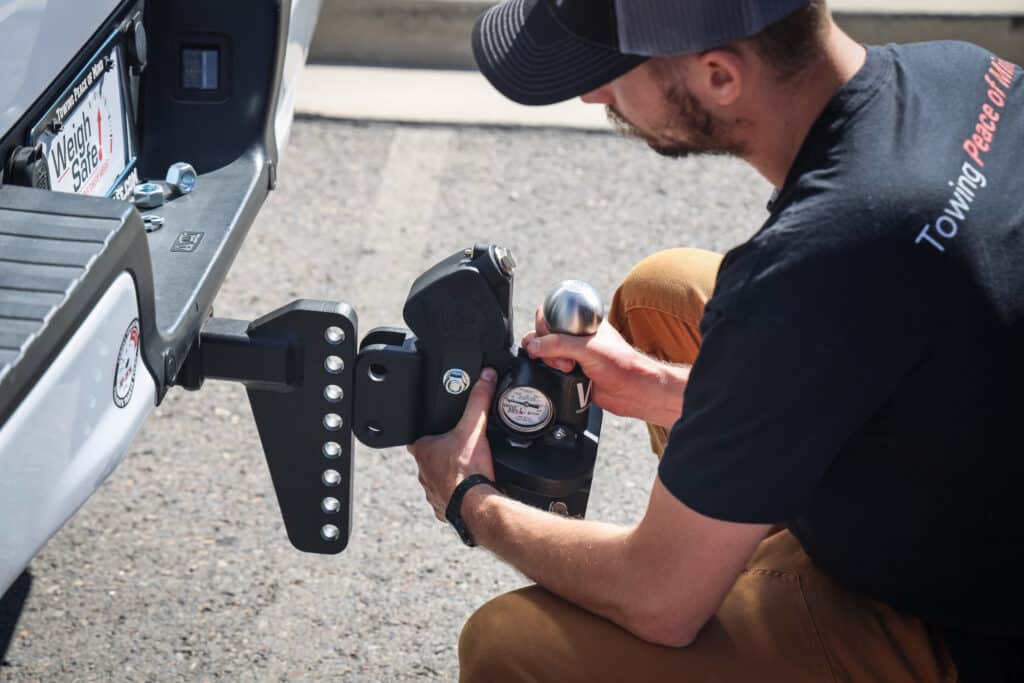
Remember to Be Safe With Weigh Safe!
Whichever trailer you choose, remember to be safe! Always check the weight limits and make sure you have the proper towing equipment, such as Weigh Safe‘s ball mounts. With Weigh Safe, you can easily ensure your trailer is safely hitched to your vehicle. Visit our shop today and start hauling responsibly!
Shop Now